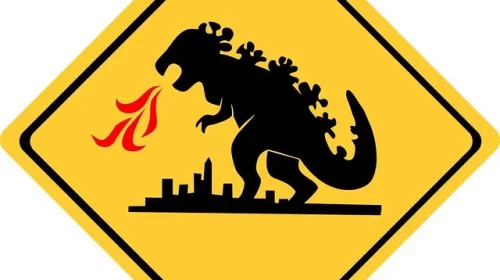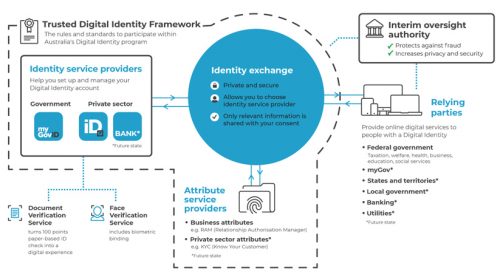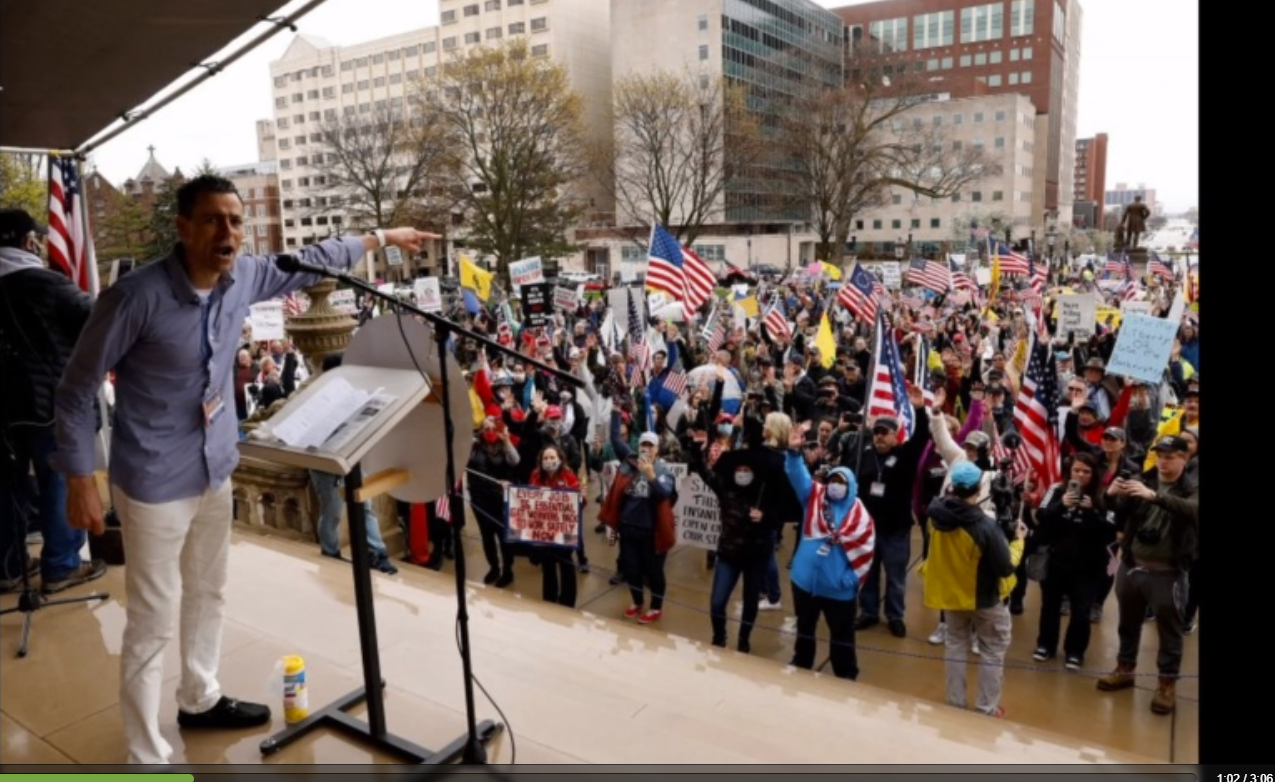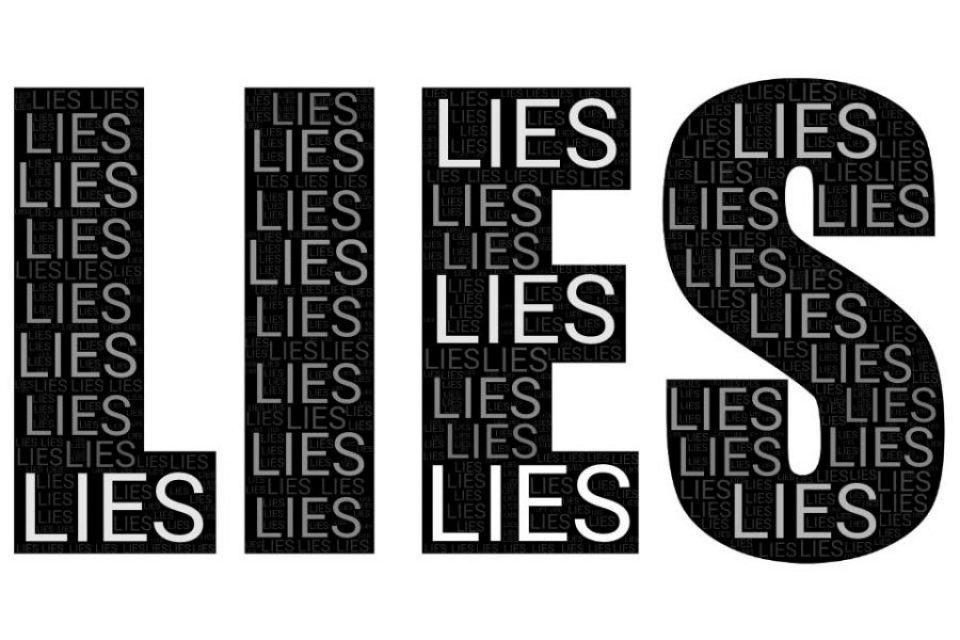Above The Law
The secret world of government debt collection
A CNNMoney Investigation by Blake Ellis and Melanie Hicken
Government agencies across the country are hiring private debt collectors to go after millions of Americans over unpaid taxes, ancient parking tickets and even $1 tolls.
It’s a good deal for cash-strapped states, cities and other local governments. By outsourcing this dirty work and letting private companies charge debtors sky-high fees, government agencies can get these collection services free of charge.
And it’s a great deal for debt collectors. In an industry already known for bad behavior, debt collectors that work for government agencies usually don’t have to work within the confines of consumer protection laws – opening the door for higher fees and even more aggressive tactics.
Their government bosses can give them the power to threaten debtors with the suspension of their driver’s license, garnishment of their wages, foreclosure and arrest to get them to pay up.
State lawmakers have even passed laws allowing private collectors to charge debtors steep fees. In Florida, for example, fees can be as high as 40% on top of the total bill, which includes not only what they already owe, but interest and government penalties as well. In Texas, they can reach 30%. And in cases of unpaid toll violations, flat fees can effectively amount to more than 100%. As a result, small unpaid tolls can easily balloon into hundreds of dollars, once government penalties and collection fees are tacked on.
Federal consumer protection rules rarely apply to government debts.”
“They keep figuring out ways to stack these fees up,” said Tai Vokins, a Kansas-based attorney and former assistant attorney general. “They’re preying on the absolute poorest people.”
And this is all legal.
One of the biggest players in this industry is law firm Linebarger Goggan Blair & Sampson. It has worked for small-town school districts, the city of New York and at one point, the largest tax collector in the country: the Internal Revenue Service.
Based in Texas, Linebarger works for 2,300 clients nationwide and collects $1 billion for its clients each year.
The firm, which would only respond to interview questions in written statements, told CNNMoney that government agencies need the money it collects to fund vital services, such as teacher salaries and police budgets.
But the collection system is far from perfect. Government agencies sometimes hire Linebarger to hunt down decades-old debts that people can’t even remember incurring. Some turn over unpaid bills to collections just months after consumers have received them. And others provide the firm with inaccurate information, leading it to pursue the wrong person entirely. These agencies also issue the arrest warrants, foreclosure lawsuits and other harsh threats that Linebarger cites in its letters to debtors.
All of this can lead to some nightmare scenarios.








